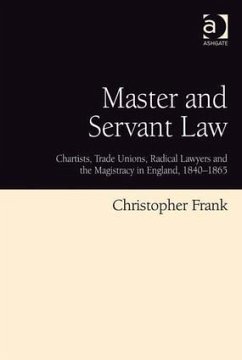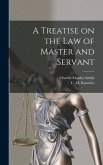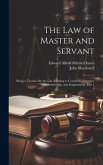In recent years, social and legal historians have called into question the degree to which the labour that fuelled and sustained industrialization in England was actually 'free'. The corpus of statutes known as master and servant law has been a focal point of interest: throughout the eighteenth and nineteenth centuries, at the behest of employers, mine owners, and manufacturers, Parliament regularly supplemented and updated the provisions of these statutes with new legislation which contained increasingly harsh sanctions for workers who left work, performed it poorly, or committed acts of misbehaviour. The statutes were characterized by a double standard of sanctions, which treated workers' breach of contract as a criminal offence, but offered only civil remedies for the broken promises of employers. Surprisingly little scholarship has looked into resistance to the Master and Servant laws. This book examines the tactics, rhetoric and consequences of a sustained legal and political campaign by English and Welsh trade unions, Chartists, and a few radical solicitors against the penal sanctions of employment law during the mid-nineteenth century. By bringing together historical narratives that are all too frequently examined in isolation, Christopher Frank is able to draw new conclusions about the development of the English legal system, trade unionism and popular politics of the period. The author demonstrates how the use of imprisonment for breach of a labour contract under master and servant law, and its enforcement by local magistrates, played a significant role in shaping labour markets, disciplining workers and combating industrial action in many regions of England and Wales, and further into the British Empire. By combining social and legal history the book reveals the complex relationship between parliamentary legislation, its interpretation by the high courts, and its enforcement by local officials. This work marks an important contribution to legal
Hinweis: Dieser Artikel kann nur an eine deutsche Lieferadresse ausgeliefert werden.
Hinweis: Dieser Artikel kann nur an eine deutsche Lieferadresse ausgeliefert werden.








